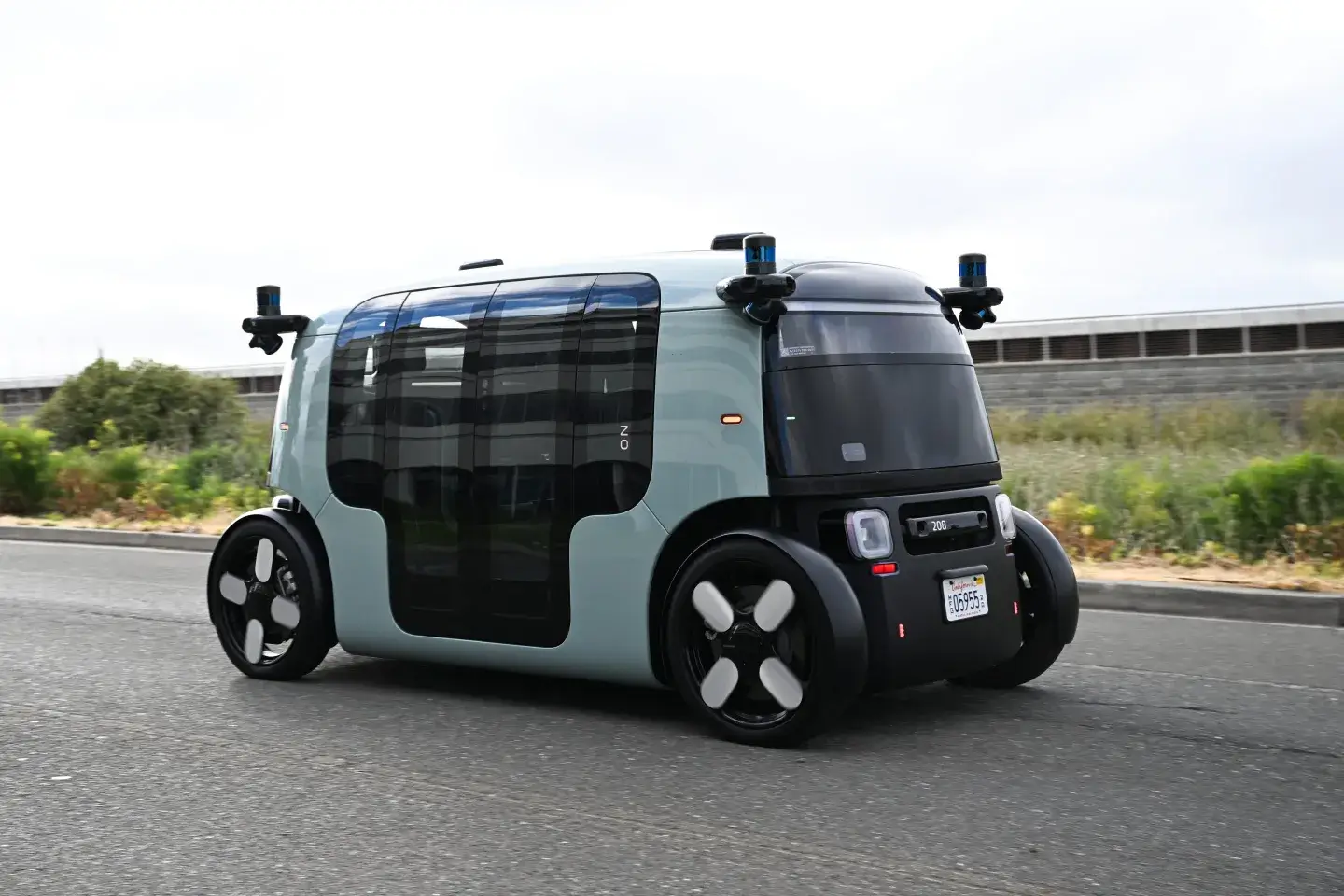Zoox, the Amazon-owned robotaxi company, has recently issued a voluntary software recall for 270 of its autonomous vehicles following a collision in Las Vegas. The incident, which occurred on April 8, 2025, involved an unoccupied Zoox robotaxi and a passenger vehicle, resulting in minor damage to both vehicles and no injuries. This recall highlights the complexities and challenges inherent in the advancement of autonomous vehicle technology and underscores the importance of continuous improvement in safety standards to earn public trust.
According to a recall report filed with the National Highway Traffic Safety Administration (NHTSA), the automated driving system in the affected Zoox robotaxis had a flaw that could lead to an inaccurate prediction of other vehicles' movements, thereby increasing the risk of a crash. Specifically, the old version of the software "may make an inaccurate prediction when another vehicle slowly approaches perpendicularly and stops" in certain situations, potentially hindering its ability to avoid a crash.
The incident occurred when a passenger car was "quickly approaching the lane where our purpose-built robotaxi was traveling". The Zoox robotaxi anticipated that the passenger vehicle would proceed forward and, accordingly, slowed down and steered to the right. However, the passenger vehicle unexpectedly came to a complete stop, yielding to the Zoox robotaxi while remaining in the shoulder lane. Despite the robotaxi's braking, contact was unavoidable.
Following the collision, Zoox temporarily halted all driverless vehicle operations and launched an internal review to determine the root cause of the issue. Through "analysis and rigorous testing," Zoox identified a specific behavior of the system that needed correction. The company then developed a software update to remedy the flaw.
The software update has already been deployed in all Zoox vehicles, including both the purpose-built robotaxis and the test fleet. After updating the 270 vehicles affected by the software recall, Zoox resumed full driverless vehicle operations on April 17. The recall affects 270 vehicles equipped with the specific software version implicated in the crash. This number includes both the company's custom-built robotaxis, which lack steering wheels and pedals, and retrofitted Toyota Highlanders.
This is not the first time Zoox has faced safety-related issues. In March 2025, the company voluntarily recalled 258 vehicles due to a software issue that could cause unexpected hard braking. Additionally, the NHTSA investigated Zoox in 2023 after two incidents where motorcyclists rear-ended Highlanders operating in autonomous mode. That investigation was closed in April 2025. Zoox has submitted 14 collision reports so far this year after filing 25 last year, according to California's Department of Motor Vehicles.
Despite these challenges, Zoox is moving forward with its commercial rollout plans. The company has been carrying out self-driving testing operations in Las Vegas since 2019 and aims to launch its commercial ride-hailing service in Southern Nevada. Zoox is also testing robotaxis in San Francisco. Zoox vehicles have safety measures like emergency airbags and a rear-impact crumple zone. Their system architecture is designed for redundancy, with duplicate computers and power sources in case of failures.
The Zoox robotaxi is designed with a comprehensive safety framework, integrating advanced safety measures into every stage of development. Zoox's System Design and Mission Assurance (SDMA) team ensures that safety is embedded into every facet of engineering, testing, and deployment. Zoox's approach prioritizes safety over speed, ensuring standards exceed human driver performance.
The recall by Zoox serves as a reminder of the importance of continuous improvement in safety standards to earn public trust. As Zoox navigates through these challenges, the outcome will likely influence the entire sector's trajectory.

















